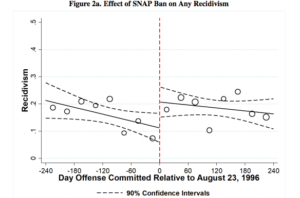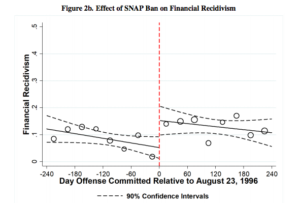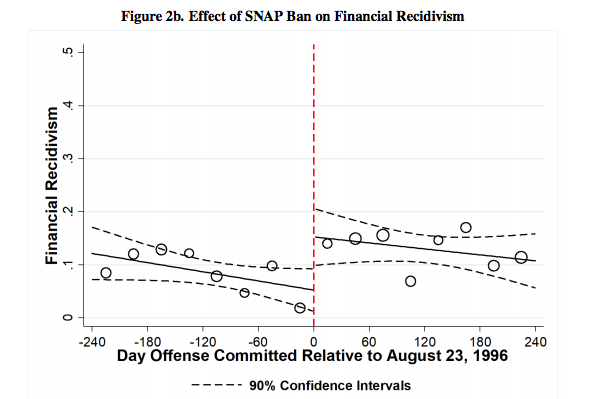Guest post by Jeff Mosenkis of Innovations for Poverty Action.


- Penny Goldberg of Yale will be the new World Bank Chief Economist, she and Nina Pavcnik wrote about their work on why opening up trade helped developing countries grow at VoxDev.
- An update on last week’s discussion of GiveDirectly’s 3-year effects findings (if you need a catch-up, see Justin Sandefur’s post which is also valuable for the review of other recent research at the end). The questions focused on what we can say on whether the effects fade, and if handing a lot of money to some people in a village hurts those who didn’t get the money. Paper authors Johannes Haushofer and Jeremy Shapiro have a nice back-and-forth with Berk Ozler about it here, and Berk disagrees with some of Sandefur’s inferences. GiveDirectly also updated their take on it. In the end it seemed like a productive discussion, and it’s worth noting that GiveDirectly had already moved to giving cash to everybody in the village some time ago to avoid the possibility of these negative side-effects.
- One more reason Dina Pomeranz is Development Econ’s Most Valuable Tweeter is that she’s always finding new ways to make the wonky lessons from the field more accessible to the public. Most recently she’s been tweetstorming her class lectures on development in very thoughtful ways (summaries of the lessons in the body of the tweet, threaded with pictures of key slides and graphs, and links to the original papers). Here’s one example.
- (Also recall the time she offered to pay for a twitter follower in Nigeria to take J-PAL’s online MicroMasters program)
- Chris Blattman’s been posting his slides for his MA-level Order and Violence class about states, politics, war and violence. They’re not threaded to each other but this search might help you find many of them (it’d be a great service if someone wants to collect them into a twitter moment like Dave did, for the recent discussion on whether publishing in lower-tier econ journals hurts reputations).
- A repeated theme here is that a reason to test policies is that good-sounding ideas can sometimes backfire:
- In Florida, a lifetime ban on convicted drug traffickers receiving food stamps seems to have increased recidivism, and specifically for financial crimes. (Paper by Cody Tuttle, Forthcoming in AEJ – Economic Policy, h/t John Holbein)
- A really good episode of the podcast Reply All looks at recent well-intentioned efforts by Congress to combat child sex trafficking by shutting down websites known for classified ads by sex workers. They talk to several people in the industry and economist Scott Cunningham, who all predict that shutting down an above-ground marketplace where sex workers can vet clients and share lists of known good and bad ones would hurt the sex workers in the end. In a follow-up, one interviewee reported among her sex worker colleagues two confirmed murders and thirteen more missing in the month following the passage of the law.
- In a move that must be giving IRB chairs ulcers, California police apparently made an arrest in the infamous decades-old Golden State serial killer case by comparing crime scene DNA to DNA posted on genealogy sites and finding the suspect through relatives’ family trees. They then surreptitiously collected some of the suspect’s DNA for confirmation.
- Though Anne Sofie Tegner Anker, Jennifer L. Doleac, and Rasmus Landersø found Denmark’s expanded use of DNA collection and surveillance appears to have reduced crime there (h/t Dylan Matthews).
- It doesn’t always work out though. In Germany, law enforcement thought they’d caught a break tracking a non-serial killer across Europe. But after a 15-year chase, the DNA which kept turning up at crime scenes turned out to be from a worker at the cotton swab supplier.


6 Responses
good
good
In a move that must be giving IRB chairs ulcers, California police apparently made an arrest in the infamous decades-old Golden State serial kille
golu dolls
golu dolls
good this is truly an amazing article
this is truly an amazing article
Thank you a lot! It’s really helpful